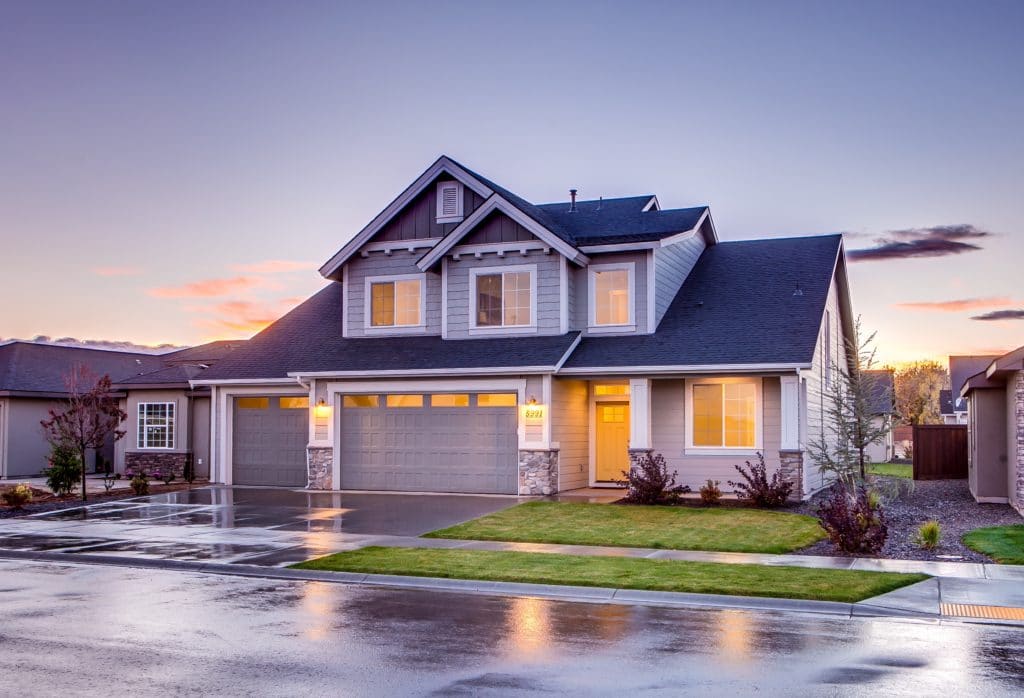Sober living homes provide a necessary and vital service for those in recovery from addiction. They offer a safe and supportive environment for people to live in as they transition back into society. Sober living homes can provide a great foundation for continued sobriety and long-term recovery. In this blog post, we will discuss what to expect from a sober living home in your recovery journey.
When you enter a sober living home, you can expect to live in a safe and supportive environment. Sober living homes are often staffed with addiction professionals who can offer guidance and support as you work on your recovery. Sober living homes also provide a great opportunity to build relationships with other people in recovery. This can be beneficial for long-term success.

Avoiding Pitfalls
One of the problems faced by many in recovery is harmful social networks. Former running buddies, people you may have used with, and old locations can all trigger relapses. Sober living homes can help you avoid those pitfalls. Sober living homes provide the opportunity to live in a safe environment while minimizing relapse triggers and giving you access to support systems. Sober living is a great option for those who are early on in their recovery journey or transitioning out of treatment facilities.
There’s another benefit to sober living homes: they’re drug-free places. Drugs and alcohol simply aren’t available. So, you won’t be able to fall back into old habits if you’re tempted by friends or other residents in the home.
Sober Living Homes: Rent, Chores & More
How do sober living homes get their funding? Residents pay for rent and utilities on a monthly basis, often around $900 per month. Utilities and food are often included; some sober living homes even provide toiletries donated from charity groups. Still, it’s important to check a home’s policies when looking for a sober home before you agree to move in.
Chores in a sober living home are typically divided up evenly. This helps to create a sense of community and ensures that everyone has an opportunity to pitch in. In most cases, residents are also required to attend 12-step meetings or other support group meetings regularly.
Why this can sound like you’re moving back in with your parents, these shared responsibilities create a strong sense of stability and community. Also, they teach the benefits of a healthy routine along with the benefits of being in service in recovery.
What Does A Sober Home Manager Do?
House managers are an essential part of a Sober Living Home. They’re responsible for making sure that everything is running smoothly and efficiently. So, they are typically in charge of enforcing the rules that their residents must follow while living there.
Rules can be varied in a sober home. They may include a curfew; they may require you to look for work or continue your education as a condition of living there. Some sober homes may also require you to join a support group such as a 12-step organization like Alcoholics Anonymous. Again, this is why checking a home’s individual policies before signing an agreement.
What happens when you break these rules? This is another area that again depends on a sober home’s individual rules. The house manager may decide to have a conversation and leave it at that, or they may ask you to pay a fine or take on additional chores.
In severe cases, the house can even kick you out. This is often reserved for situations involving threats, violent acts, or drug use. It sounds harsh — and it is — but the safety of residents must always come first. Substance abuse jeopardizes the health and safety of everyone in a sober home. Remember, you’re all sleeping under the same roof.
What Sober Home Is Right For Me?
There are many different varieties of sober homes. Sober living homes can be faith-based, 12 step-oriented, or secular. They can also specialize in a certain population such as young adults, women, or men.
It’s important to find the sober home that is right for you and your recovery journey. Some people feel more comfortable in a smaller setting while others prefer a larger house. One sober home may welcome pets; another might provide housing for people over 50.
Ultimately, it depends on your needs. If you’re in a rehab center, your case manager can help you find a sober home that’s a great fit for you and your personality.
So, what can you expect from a sober living home? In general, you can expect:
- A safe and supportive environment
- Structure and accountability
- Opportunities for recovery meetings, 12 step work, and other self-help groups
- Clean and comfortable housing
- Assistance with finding employment or continuing your education
If you’re searching for a sober home, you’re on the right site. SoberLivingNearYou.com is the internet’s largest directory of sober homes. With thousands of listings, you’ll find your ideal recovery location quickly and easily.
Want to learn more? Contact SoberLivingNearYou.com today!



